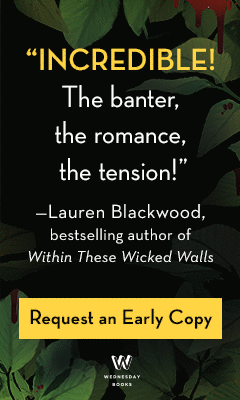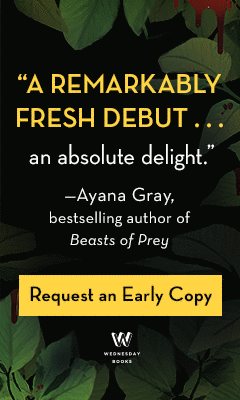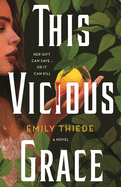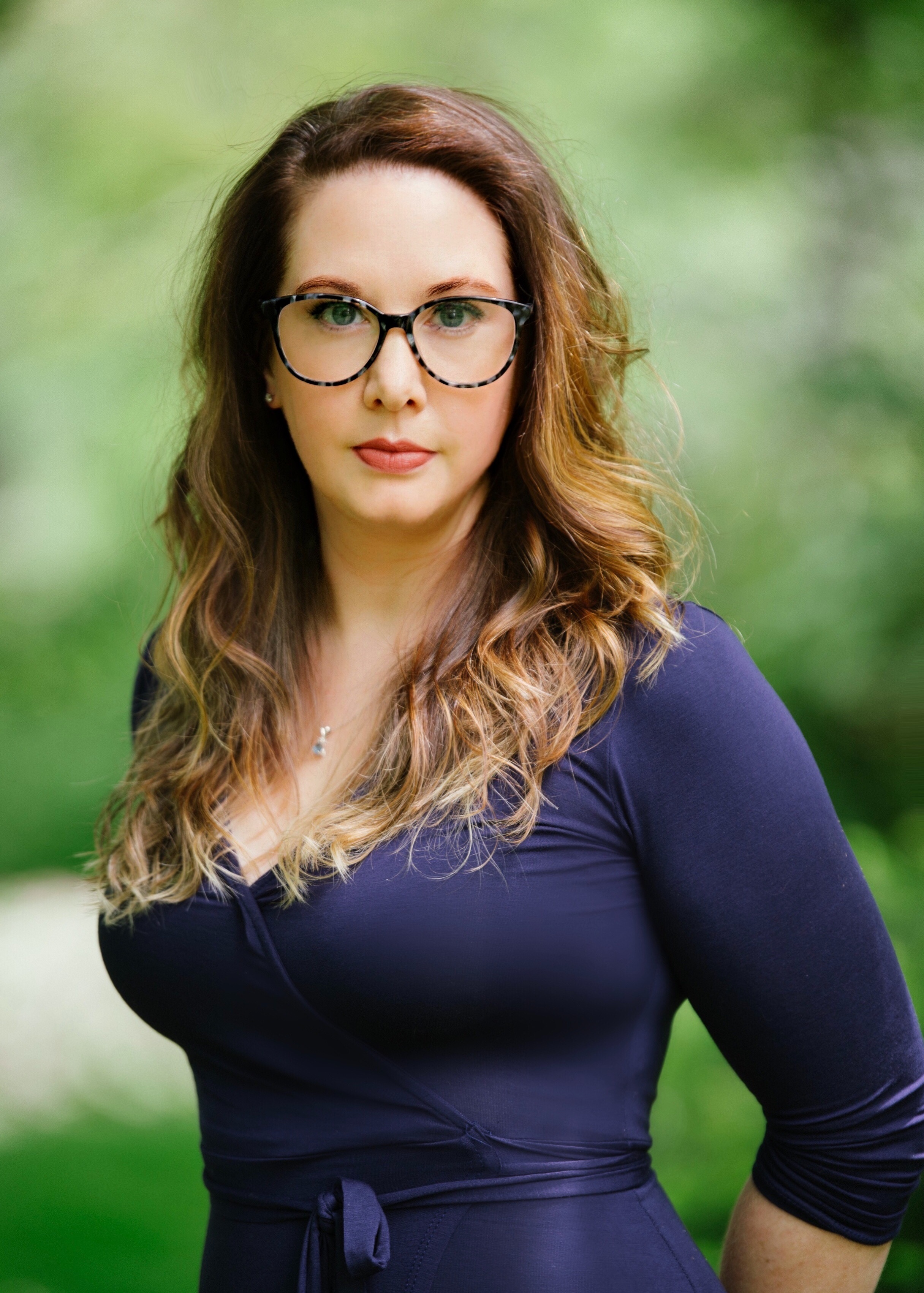This Vicious Grace
by Emily Thiede
A teen girl chosen by the gods to defend her island from deadly demons must find a battle partner who can handle her magic in this YA debut by Emily Thiede. This Vicious Grace is a gloriously passionate fantasy with unfettered magic, high stakes and delightfully steamy banter. Its every chapter counts down to a climactic battle, making it an exciting, suspenseful read.
When the goddess Dea created humankind, the God of Chaos, Crollo, wanted to destroy it. Instead, Dea bargained with Crollo: he could send his minions to devour humans on a schedule he determined, but each of her islands would have divine protection. The guardians of the islands would be a pairing of magical warriors: the Finestra, chosen by Dea, and the Fonte, an individual "blessed at birth with defensive magic," who the Finestra would select. Together, the two would wield magic to defend their people.
But 18-year-old Alessa, the Finestra on the island of Saverio, struggles to control her power: instead of Alessa's touch augmenting a Fonte's magic as Dea had intended, it has been killing them. When Alessa accidentally kills her third Fonte in a row, suspicions rise that she is not the true Finestra. "Would Dea send a murderer to save us?" asks Ivini, a street preacher determined to incite violence against Alessa. Ivini's plan works: an assassination attempt, fueled by the sermon, almost succeeds.
Undaunted, Alessa is determined to choose and not kill a fourth Fonte. Her family was required to disclaim her when she was chosen as Finestra, and she won't let that sacrifice be wasted--she will not fail on Divorando, the day of her reign when Crollo will send his demons. However, Alessa knows the assassination attempts will continue as she searches, so she hires a bodyguard, Dante, who is "a wall of muscle," a "sculptor's masterpiece"--and a known murderer. Having a bodyguard, though, is a bit much for the Finestra, who now has a young man in her bedroom whom she can't kick out--though she does try. " 'You don't understand how bodyguards work,' " replies Dante to her dismissal. " 'See, I'--he pointed to himself--'guard your'--he pointed to her, tracing curves in the air--'body.' "
Unfortunately, time is running out, and so are Fontes. Most have fled Saverio and only five remain. In order to establish a successful Finestra/Fonte pairing, Alessa will have to break tradition. This fact, along with the emergence of a dangerous secret about Dante, pushes the people of Saverio ever closer to believing Ivini's ravings that Alessa must not have been sent by Dea. If Alessa cannot learn to use her magic before Divorando, it won't matter if the island wants her dead--she will simply be first in line to die.
Solitude is all Alessa has known since becoming Finestra almost five years ago, and the position prohibits her from being touched before Divorando. This theme of touch--the importance of physical contact--resonates movingly throughout and is strengthened by the lethality of Alessa's skin: "She would kill for a hug. Literally."
The chemistry between Alessa and Dante is immediate and captivating. "She'd sampled every flavor of loneliness" but Dante's presence changes that, "her isolation cut[ting] even deeper with a stranger filling spaces usually left empty." Thus Alessa, "hungry for any kind of connection," speaks easily with her bodyguard, in conversations rife with snarky, lewd and flirty banter. Dante is dangerously tempting, though, and "like an animal emerging from hibernation, ravenous and focused on one overriding need, she [can't] stop craving what she'd been denied for so long."
This Vicious Grace is a luminescent fantasy with impeccable worldbuilding (an immersive Italian-inspired shoreline setting), a delightfully sharp-witted cast and a ravishingly provocative romance. Throughout it all, the subtle ways in which Thiede allows her fantasy to reflect the real world are impressive, smart and add to her characters' humanity. Alessa's family had laughed about her "busy brain," a restlessness she doesn't find funny, that keeps her pacing for hours and feels "like her skin had shrunk in the wash and would never fit again." Dante, who knows what the rules would say about him, encourages Alessa to be bold, and not to follow "holy nonsense" written by mortal men when "the thing that scares men with power most is a woman with more of it." She and Dante live in a world that alienates them for being different, allowing readers who feel misunderstood to see themselves here--to see the beauty in their own individuality. This Vicious Grace, the first in a planned duology, is impossible to forget--a superb and captivating YA fantasy with wit, charm and a romance readers will swoon over. --Samantha Zaboski








